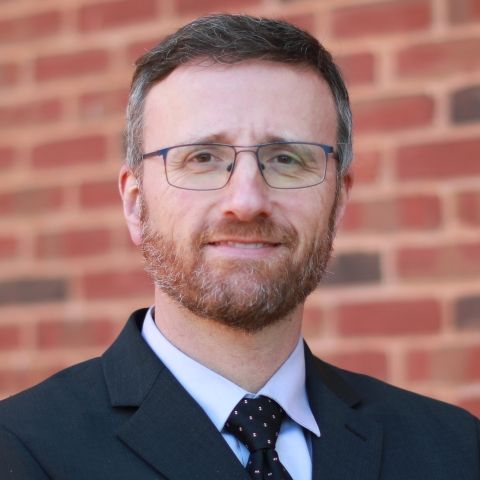
Shared Decision Making in Israel: Status, Barriers, and Recommendations
Shared decision making (SDM) - involving patients in decisions relevant to their health - has been increasingly influential in medical thought and practice around the world. This paper reviews the current status of SDM in Israel, including efforts to promote SDM in the legislation and healthcare system, its influence in medical training and the national health plans, and funding for SDM-related research. Published studies of SDM in Israel are also reviewed. Although informed consent and patients' right to information are regulated by Israeli law, little provision is made for SDM. Further, there are few organized programs to promote SDM among medical professionals or the public, and governmental support of SDM-related research is minimal. Nonetheless, patients have begun to influence litigation in both formal and informal capacities, medical schools have begun to incorporate courses for improving physician-patient communication into their curricula, and the largest national health plan has initiated a plan to increase public awareness. A review of the limited research literature suggests that although patients and physicians express a desire for greater patient involvement, they often have reservations about its implementation. Research also suggests that despite the positive effects of SDM, such an approach may only infrequently be applied in actual clinical practice. In conclusion, though not actively promoting SDM at present, Israel's universal coverage and small number of health plans make rapid, widespread advances in SDM feasible. Israeli policymakers should thus be encouraged to nurture burgeoning initiatives and set plausible milestones. Comparing the status of SDM in Israel with that in other countries may stimulate further advancement.